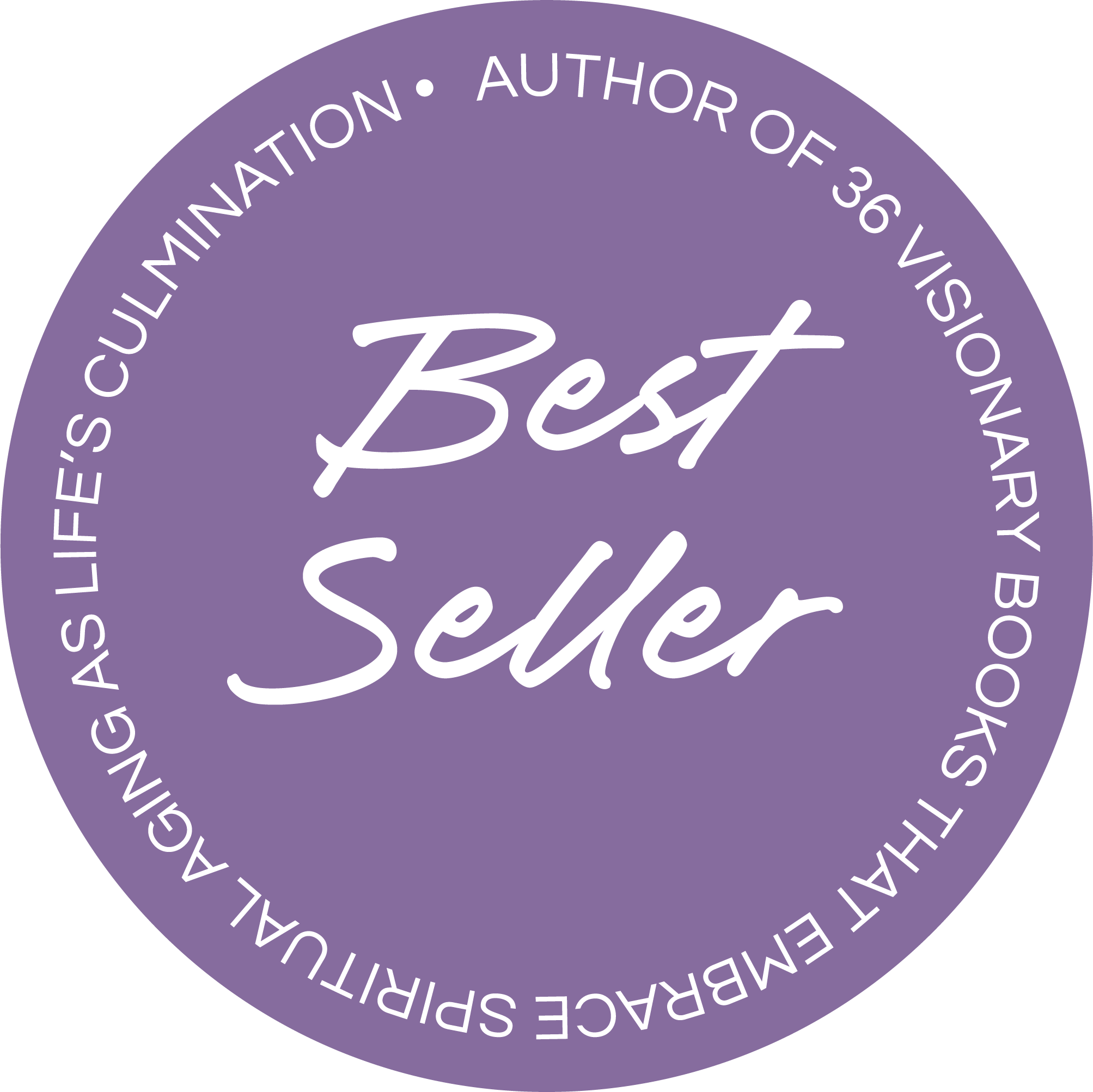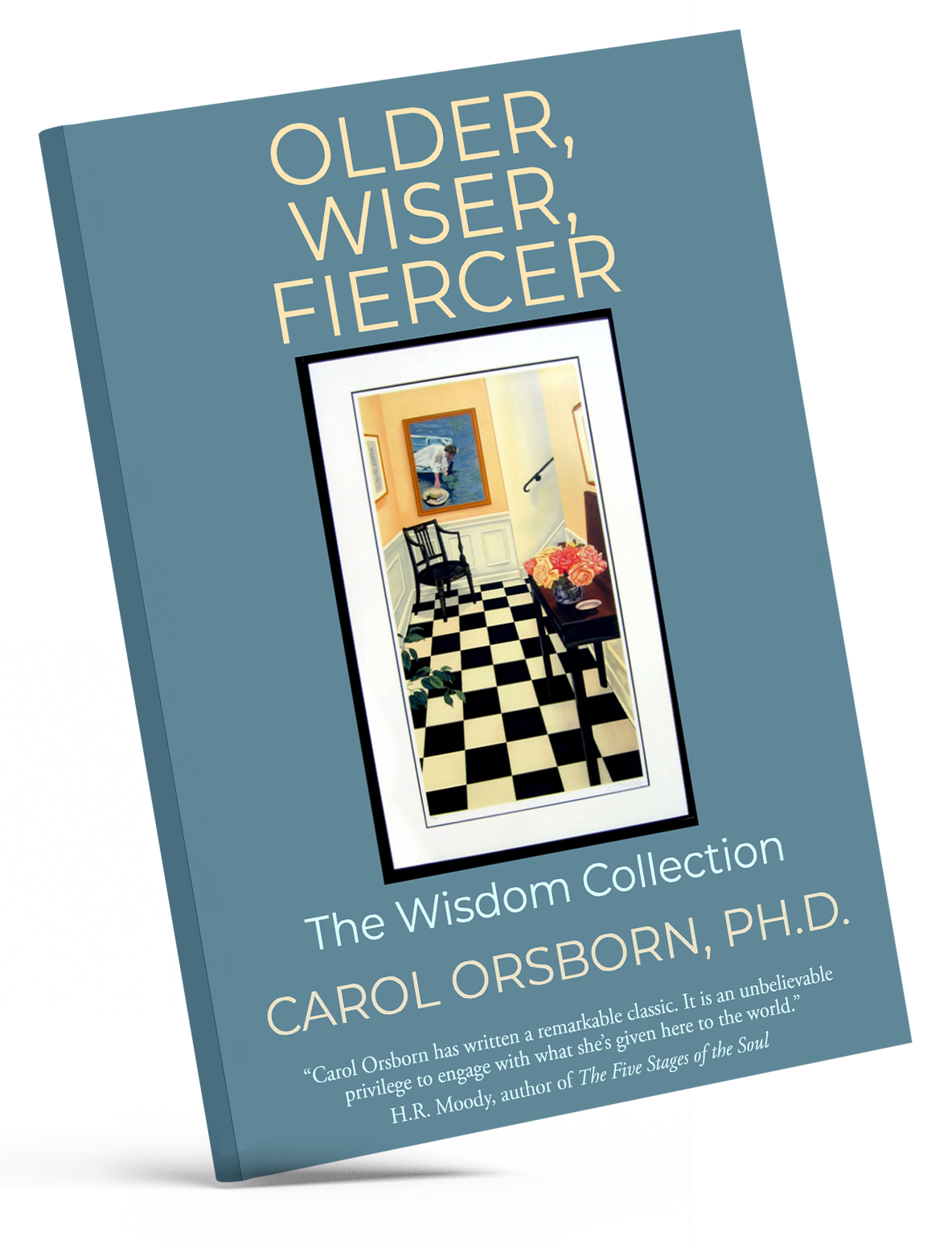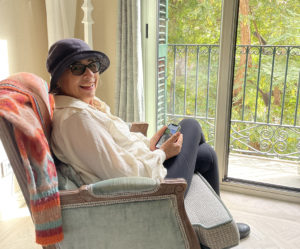INTRODUCTION
Older, Wiser, Fiercer: The Wisdom Collection
Harry R. Moody, Ph.D
The great critic Ananda Coomaraswamy once said, it’s not that the artist is a special kind of person, it’s that each person is a special kind of artist. Among many great artists, there comes a time when it is no longer necessary to promote their art or to achieve something. We see this process in many great artists from Rembrandt to Georgia O’Keefe, from Renoir to Kathe Kollwitz. German scholars long ago gave it a name: “spaete Werke” (late work) and also “spaete Freiheit” (late freedom). The Jungians have their word for it: “Individuation,” or “becoming the person you were meant to be.”
This is the theme, the touchstone that we find repeatedly in Older, Fiercer, Wiser. What the elder artists disclosed through paint, Carol Orsborn discloses to us through her words: “Now that I am old…I have gone all in on who I really am, availing myself anew to self-exposure. But this time my response is different: a growing bolder rather than shrinking back. I am not being careful anymore. I am growing wild.” How grateful I am that she has reclaimed those words:
“Now that I am old…”
I find this message delivered in a different way in one of the great novels about old age: A Christmas Carol by Charles Dickens, where the hero, Ebenezer Scrooge, goes on a dream journey, from despair to affirmation, in a single night. But Scrooge’s journey begins, and is powered, by disillusionment. So it is in Carol Orsborn’s journey, which is, in part, the voice of a generation. She is among the oldest of the now aging Boomers: “Our generation did everything in our power to gain control over our circumstances, individual as well as societal. Is this true of every generation? If so, the old have been, are and will always be doomed to failure.”
Like the elders who came before her, like May Sarton, Zalman Schacter-Shalomi, Florida Scott-Maxwell, Thomas Merton and so many others who have pointed the way forward, Carol Orsborn does not shy away from the acknowledgment of failure. Paradoxically, this is the core recognition that comprises the essence of “conscious aging”–an overturning of the Boomer definition of success that has driven her generation through the years. As Orsborn puts it: “How ironic that now that I am old–after all these years striving to be Someone–I am once again not the point.” Our contemporary master of old age, Baba Ram Dass, spoke at the first conference on conscious aging and charged all who were there (I was one) by saying “Aging is the school of nobody-ness. You have to enroll in that school.” Ram Dass was echoing the words of Emily Dickinson when she wrote: “I’m nobody. Who are you? Are you nobody, too?” The paradox here is that it is in this very recognition of our nobody-ness that we have the potential to experience something even greater than the success for which we strived.
Another great contemporary master of aging was the psychologist James Hillman, who titled his book on the subject The Force of Character and the Lasting Life. Character is what shines out through all the pages of Older, Fiercer, Wiser: “Call it character—that mix of acceptance, courage and perseverance that for many of us grow in tandem with the losses,” she writes. Again and again, Orsborn drills down into herself and returns to the surface with paradoxes “that defy the rational and force me open-eyed into faith.” Yes, Orsborn has written a book about faith, but it is not about religion as we typically understand it. Conscious aging is also about this faith, which takes different forms in different people, as we see in the great artists in old age. But all forms, as Orsborn says, are about something greater than happiness: about being intensely alive. “This is not the understanding of success promised by Boomer optimism nor is it a transcendence of life’s messiness. Rather it is a plunging in: heartbreaking and disturbing, piercing, joyful and alive,” she writes.
You will find many glimpses of Carol Orsborn’s life in these essays: her dogs, the boat where she retreats for solitude, her pondering of great texts. But this collection is not the “Carol Orsborn” story. On the contrary, it is about how she outgrows her own story, which is itself the message of conscious aging: “In place of comparison or competition, our individual stories recede and awe advances.”
Like all the great voyagers, Carol Orsborn has brought back to us, not a story of her travels, but a gift which can belong to us if only we summon the courage to follow in her footsteps. Indeed, it is not about comparison or competition at all. In the words of Jalal ad-Din Rumi: “Inside the Great Mystery that is, we don’t really own anything. What is this competition we feel then, before we go, one at a time, through the same gate?” Carol Orsborn has written a remarkable classic, a worthy addition to the growing body of conscious aging literature. It is an unbelievable privilege to engage with what she’s given here to me and to the world.
–Harry R. Moody, Ph.D.
June, 2019
BIOGRAPHY OF HARRY R. MOODY, Ph.D
Harry R. Moody is Distinguished Visiting Professor, Creative Longevity and Wisdom Program, Fielding Graduate University, as well as emeritus director of Academic Affairs and Vice President for AARP. He is the author of numerous books and articles including the classic The Five Stages of the Soul.
His other titles include: Abundance of Life: Human Development Policies for an Aging Society, Ethics in an Aging Society, and Aging: Concepts and Controversies, a gerontology textbook now in its eighth edition.
A graduate of Yale and holder of a Ph.D. in philosophy from Columbia University, Dr. Moody taught philosophy at Columbia, Hunter College, New York University, and the University of California at Santa Cruz.
From 1999 to 2001 he served as National Program Director of the Robert Wood Johnson Foundation’s Faith in Action and from 1992 to 1999, was executive director of the Brookdale Center at Hunter College. Before coming to Hunter, he served as administrator of Continuing Education Programs for the Citicorp Foundation and later as codirector of the National Aging Policy Center of the National Council on Aging in Washington, DC.
Dr. Moody is known nationally for his work in older adult education and served as Chairman of the Board of Elderhostel.



